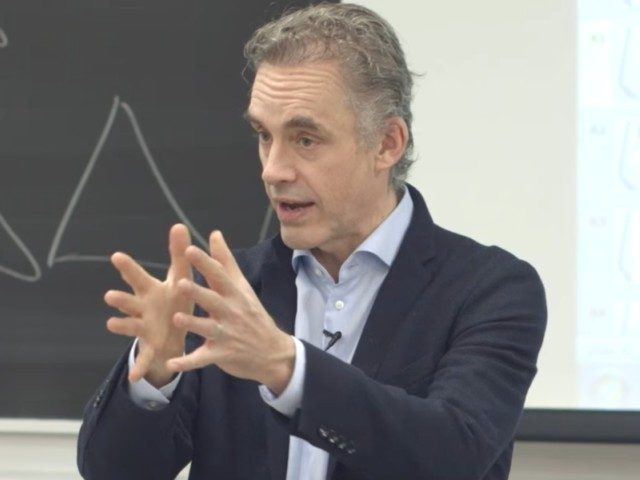The president of Wilfred Laurier University in Ontario, Canada, is doubling down on a decision to launch an investigation into a lecturer who played a clip of a debate that included scholar Jordan Peterson.
Lindsey Shepherd, a graduate student and teaching assistant at Wilfrid Laurier University in Ontario, was told last week that she was facing an investigation over her decision to show her class a television debate on laws acknowledging the unique gender pronouns of transgender persons. In the clip, Peterson takes on two panelists who defend legal punishments for those who refuse to comply with unique gender pronouns.
Deborah MacLatchy, the President of Wilfred Laurier University, says that she plans to go forward with a third-party investigation into Shepherd’s decision to play the clip. MacLatchy suggests that Canadian human rights legislation forces her to examine Shepherd’s in-class conduct.
As a responsible employer, we are obligated to abide by government regulations, human rights legislation and our own university policies. To this end, we need to gather the facts of the situation and assess them in a deliberate, fair and respectful manner. To do this, we are in the process of engaging an impartial third-party professional. Given the personnel and privacy issues involved, this process will be confidential.
MacLatchy curiously went on to claim that the administration has a commitment to upholding academic freedom and diversity of opinion.
Related, but separate, are the important principles so closely associated with the mission of any university. I am confident that those associated with Laurier believe strongly in upholding the important principles of academic freedom, diversity of opinion, critical thought, the civil debate of competing ideas, free speech, and freedom of expression. The real question, however, is how do we encourage and implement these fundamental ideals in a world that’s more aware of the importance of inclusivity and yet, at the same time, is growing more polarized?
She finished by arguing that the university needs to have a widespread conversation about how academic expression propagates itself throughout the campus community. “I believe that as a university community we need to have more conversations about how academic expression happens throughout our institution,” she wrote.

COMMENTS
Please let us know if you're having issues with commenting.